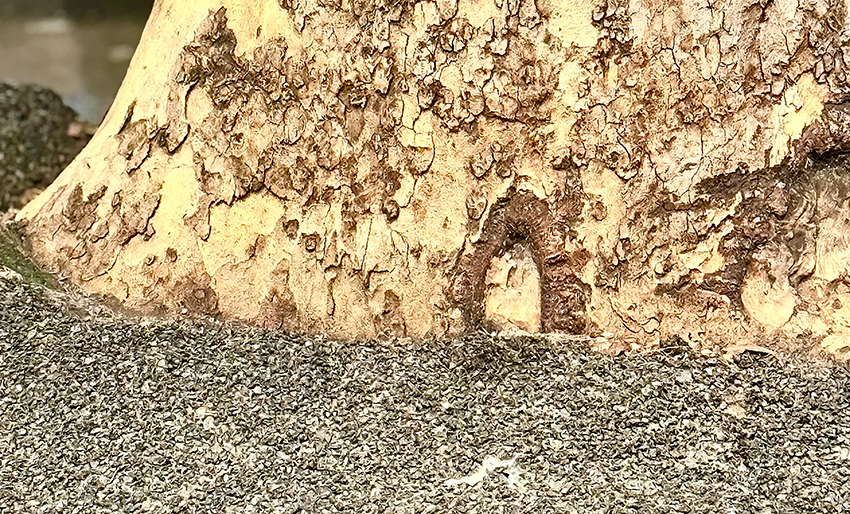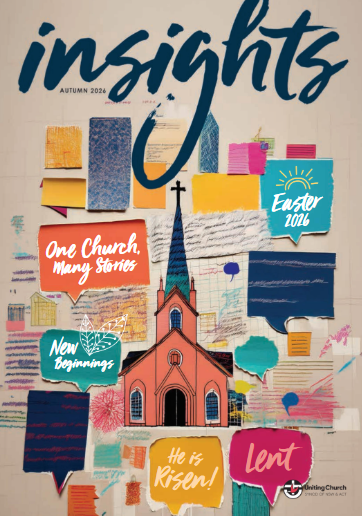I’m well into writing my book about transcendent experiences. I am enjoying it immensely. However it is also becoming challenging to define what I mean by transcendence. The more I try, the more the word seems to slip through my fingers. And the more ridiculous I sound. As I was doing some research I came across this quote by writer Thomas Moore in his classic work The re-enchantment of everyday life. Thomas Moore is a writer and lecturer. He lived as a monk in a Catholic religious order for twelve years and has degrees in musicology, theology and philosophy. He is a former professor of religion and psychology. And he writes beautifully. This quote gave me comfort in the middle of my anxious thoughts:
On almost every page of this book I feel as though I have to defend the absurdity of what I’m writing, because the particulars of enchantment are simple in comparison to the complexities of modern life, and because the principles of enchantment are so directly opposed to those of modernism. Enchantment is tinged with play and eros, for example, elements that are suspect in a culture of extreme ambition, and it always implies an escape from logic, one of the prized tools in a society bent on understanding. Still, I keep in mind the enigmatic and yet oddly noble words of the early Christian theologian Tertullian: “I believe because it is absurd.” Enchantment is often coloured by at least soft hues of absurdity, which is only a sign of its saving distance from excessive rationality.’
I love his use of the word enchantment when it comes to thinking about transcendence. It’s evocative and magical. But it also offends rational minds and challenges our modernist ways of thinking.
Apparently the statement is a paraphrasing of Tertullian’s “prorsus credibile est, quia ineptum est” which means “it is completely credible because it is unsuitable”, or “certum est, quia impossibile” which means “it is certain because it is impossible”. It could also be riffing off Aristotle’s thought that if something sounds impossible then it is probably true because no human mind would make up something so incredible. That does resonate with me. People have such other-worldly experiences of transcendence that I doubt they would be made up – they truly sound fantastical. We encounter other worlds when we engage the realms of enchantment.

So can I bravely say “I believe because it is absurd”? It’s something I’m wrestling with as I write this book.
Rev. Dr Karina Kreminski, Mission Catalyst – Formation and Fresh Expressions, Uniting Mission and Education. Karina also blogs at An Ordinary Mystic.






